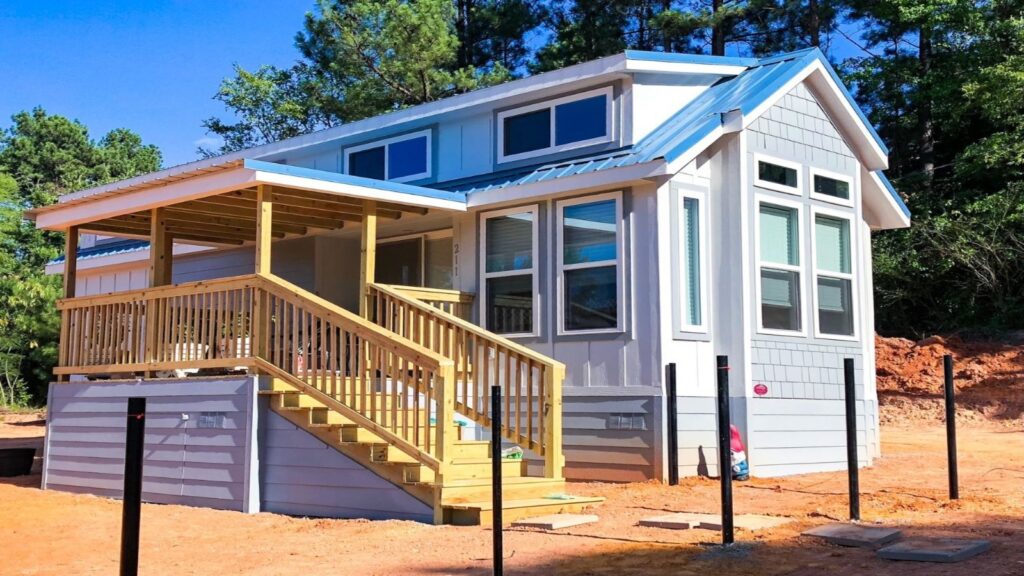Massachusetts homeowners, here’s some exciting news: as of February 2, 2025, Accessory Dwelling Units (ADUs) will be allowed by right in single-family zoning districts. This transformative change is designed to address the state’s growing need for housing and opens up new opportunities for property owners.
Before this law, ADUs often required special permits from towns, which frequently imposed restrictions such as limiting their use to immediate family members. The new regulation is a game-changer, enabling more flexibility for homeowners and buyers alike.
Buyers may also take advantage of this opportunity by financing the construction of an ADU directly into their home purchase. This means buyers can include the cost of creating an ADU as part of their mortgage, making it more affordable to add this valuable space right from the start.

What Is an ADU?
An Accessory Dwelling Unit (ADU) is a secondary, self-contained housing unit located on the same single-family lot as the main home. ADUs can take various forms, including:
- Converting Existing Space: Finish your basement or transform your garage into a livable unit.
- Building an Addition: Add a new, attached structure to your home.
- Constructing a Standalone Unit: Create a separate, newly constructed dwelling on your property.
For a unit to qualify as an ADU, it must include:
- A separate entrance
- A fully equipped kitchen
- A functioning bathroom
- Access to at least one parking space
Additionally, the unit’s size is capped at either 900 square feet or half the gross living area of the primary home, whichever is smaller.
Things to Keep in Mind
Before you jump into creating an ADU, there are a few critical details to consider:
- Building Codes and Permits: Your ADU must comply with all local building codes, and you’ll need to obtain the necessary permits from your town.
- Septic System Capacity: If your property uses a private septic system, ensure its adequately sized to handle the additional bedroom.
- Neighborhood Fit: Consider how an ADU will integrate with your existing property and the surrounding community.
Why This Matters for Homeowners
ADUs offer multiple benefits, making them an excellent option for:
- Generating Rental Income: Turn your unused space into a steady revenue stream.
- Multigenerational Living: Provide independent living for aging parents or adult children.
- Boosting Property Value: A well-designed ADU can significantly increase the value of your home.
By allowing ADUs by right, Massachusetts is taking a bold step toward addressing the housing shortage. Homeowners and future buyers now have the opportunity to contribute to the solution while enhancing their own property’s utility and value.
If you’ve been considering how to maximize your property’s potential, now is the perfect time to explore the possibilities of an ADU. Not only can you create a functional and flexible space, but you’ll also be helping to meet a critical need in your community.
For more insights and guidance on ADUs or Massachusetts real estate trends, contact Simplify Home Realty.
